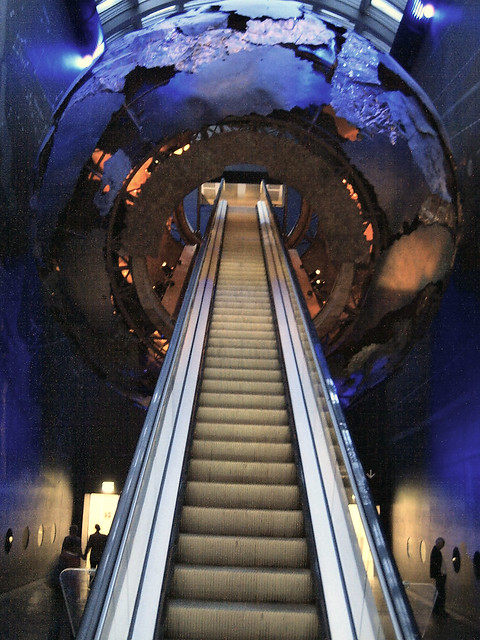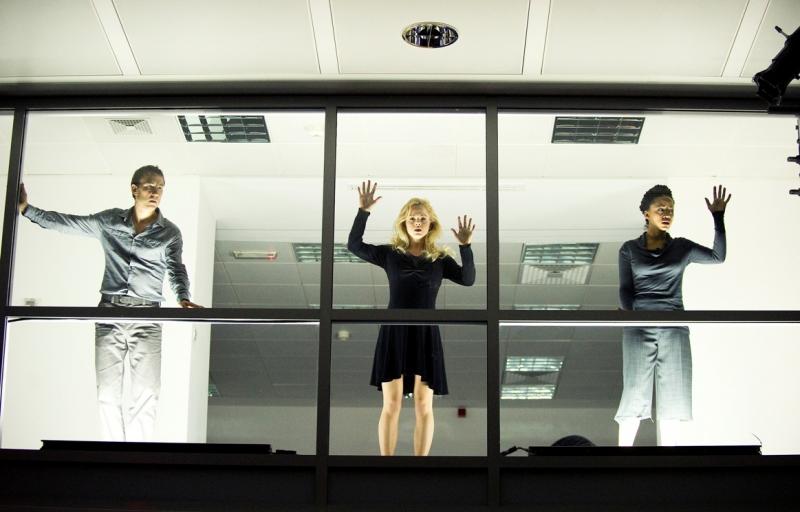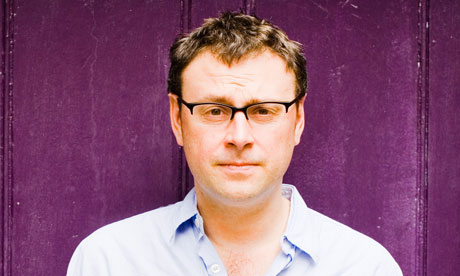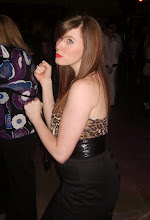
I am ashamed to say that my frist visit to the Natural History Museum only happened this year! In a Summer Holiday jaunt with my brother Kieron I ventured to South Kensington to the museum tha I had heard so much about. So impressed was I of the building, information and people that I decided to use this as the focal point of my Creative Thinking lectures - how could the Natural History Museum inspire you to create theatre?
So last Thursday I visited again, this time with 60 level 2 Drama students and one agenda - to look at the Natural History Museum as a venue for performance and explore its vast array of influences and information for theatrical endeavour.
By taking the students out of the university and letting them 'run free' already their creativity was doubled. They immediately started to look at things as a catalyst for ideas, development and theatre. But much more importantly, tey learned something. By being in that space and being surrounded by the museums many facts the students broadened their knowledge about dinosaurs, anatomy, the Earth, space, animals, evolution and biology.
In the Creative Thinking lectures I've been writing and delivering one main theme has come pushing through every time - in order to create good theatre you have to know about everything else!! No good theatre can be created just about the workings of theatre. It needs conflict and relationships, as well as a host of knowledge so that you can create the world of that play, that scenario or character. We have to develop our minds in so many ways - understand relationships, emotions and lifestyles, as well as be interested int he world around us, allow it to inspire and guide us. Without that what does theatre become?
I look forward to reading the students pitches for their pieces of theatre at the Natural History Museum, and maybe even a few we can pass onto the museum for their perusal too. Either way by getting the students out of the classroom and into another environment they have learnt and developed creatively already.






